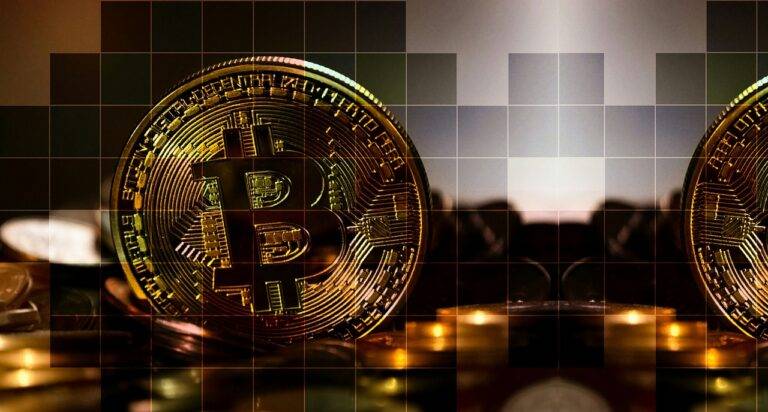The Impact of Tech on Democracy: Challenges and Opportunities
The landscape of political communication has undergone significant transformations with the advent of digital technology. Traditional methods of disseminating information and shaping public opinion have been revolutionized by the Internet and social media platforms. Politicians now have direct access to a global audience, enabling them to communicate their messages instantly and bypassing traditional media gatekeepers.
The rise of social media has also democratized political discourse, allowing ordinary citizens to participate in discussions, share their views, and mobilize around various causes. Platforms like Twitter, Facebook, and Instagram have become powerful tools for political actors to engage with supporters and opponents, as well as to shape public perceptions. This shift towards digital communication has blurred the lines between traditional media and grassroots activism, fundamentally altering the dynamics of political communication in the modern era.
Social Media and Political Mobilization
Social media has played a significant role in shaping political mobilization globally. Platforms like Twitter, Facebook, and Instagram have provided a space for individuals to share their political opinions, organize grassroots movements, and engage in activism. The ease of access to a broad audience through these platforms has revolutionized how political messages are disseminated and received, leading to rapid mobilization of supporters for various causes.
Moreover, social media has proven to be a powerful tool for politicians and political parties to connect with voters and mobilize support for their campaigns. The ability to instantly share information, interact with constituents, and spread campaign messages has transformed political communication strategies. In recent years, we have seen how social media campaigns have influenced election outcomes, shaped public discourse, and mobilized masses to participate in political events and protests. The impact of social media on political mobilization continues to evolve, presenting both opportunities and challenges for democratic processes worldwide.
Digital Disinformation and Fake News
In today’s fast-paced digital age, the spread of disinformation and fake news has become a pressing concern in the realm of political communication. The ease and speed at which information can be shared online has made it increasingly challenging to decipher what is true and what is fabricated. This phenomenon has not only blurred the lines between fact and fiction but has also raised questions about the impact of misinformation on political mobilization and public opinion.
The rise of social media platforms as primary sources of news and information has further complicated the landscape of digital disinformation. False narratives and misleading content can easily go viral, reaching millions of users within seconds. The lack of fact-checking and verification processes on these platforms has enabled the proliferation of fake news, posing a significant threat to the integrity of political discourse and the democratic process.
• The rapid spread of disinformation and fake news on social media platforms has made it difficult to discern truth from falsehood.
• False narratives can easily go viral, reaching a wide audience and influencing public opinion.
• The lack of fact-checking processes on social media platforms has allowed fake news to proliferate unchecked.
• Digital disinformation poses a threat to the integrity of political discourse and the democratic process.
What is digital disinformation?
Digital disinformation refers to false or misleading information that is spread online with the intent to deceive or manipulate the public.
How does fake news impact society?
Fake news can erode trust in institutions, manipulate public opinion, and contribute to the spread of misinformation.
What role does social media play in the spread of fake news?
Social media platforms have made it easier for fake news to spread quickly and reach a wide audience, often without proper fact-checking.
How can we combat digital disinformation?
Combatting digital disinformation requires media literacy education, fact-checking, and promoting critical thinking skills among the public.
Why is it important to address the issue of fake news?
Addressing fake news is crucial for maintaining a healthy democracy, ensuring an informed citizenry, and preventing the spread of harmful misinformation.





